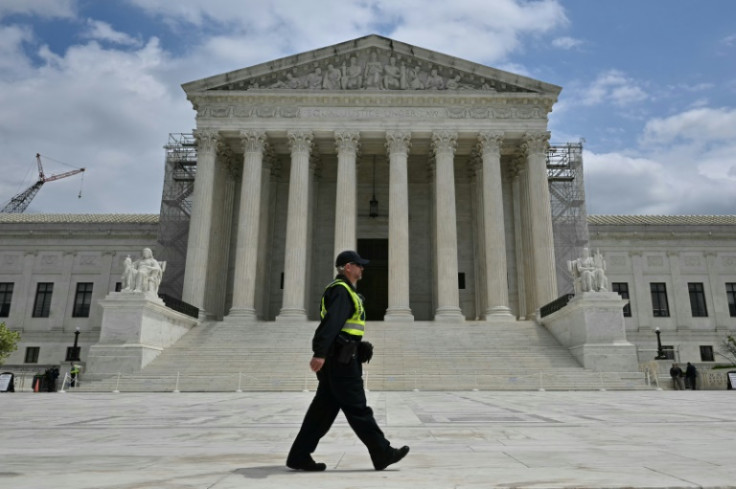Major Challenge To EPA's Enforcement Will Be Heard By Supreme Court In October

The Supreme Court will hear arguments in October that could have ramifications for the Environmental Protection Agency's ability to set and enforce discharge regulations for wastewater pollution.
The high court announced in May that it would hear the case: City and County of San Francisco v. Environmental Protection Agency.
San Francisco is appealing a 2023 decision by the San Francisco-based Ninth U.S. Circuit Court of Appeals that upheld a permit issued under the Clean Water Act by the EPA and a state agency for discharges into San Francisco Bay and the Pacific Ocean.
The city, in its petition, argued that the Clean Water Act's discharge standards are too vague and "expose San Francisco to enforcement for contributing to excessive pollution without defining in advance what constitutes excess or which pollutants the City might need to control."
"San Francisco has invested billions of dollars in infrastructure to meet the Act's requirements and stands ready to invest further to reduce pollution if the Act so requires. Generic water quality prohibitions, however, neither set limits on the quantities of pollutants that San Francisco may discharge nor prescribe management practices that the City must implement," the city said.
It continued that the "generic prohibitions" leave the city in the dark about what it needs to do to make further investments in controlling the discharges.
"These blanket requirements instead subject San Francisco to the 'crushing consequences' of the CWA's enforcement machinery without prior notice of what the Act requires," it said.
The EPA, in court documents, said the discharge limits are clearly spelled out in water quality standards set by state and regional control boards of the EPA and other permits.
"Those standards, in turn, establish specific limits to which petitioner's discharges must conform," the EPA said.
The Ninth Circuit agreed with the EPA, ruling that it had the "broad authority to impose limitations necessary to ensure the discharger's adherence to any applicable water quality standard."
© Copyright IBTimes 2024. All rights reserved.





















